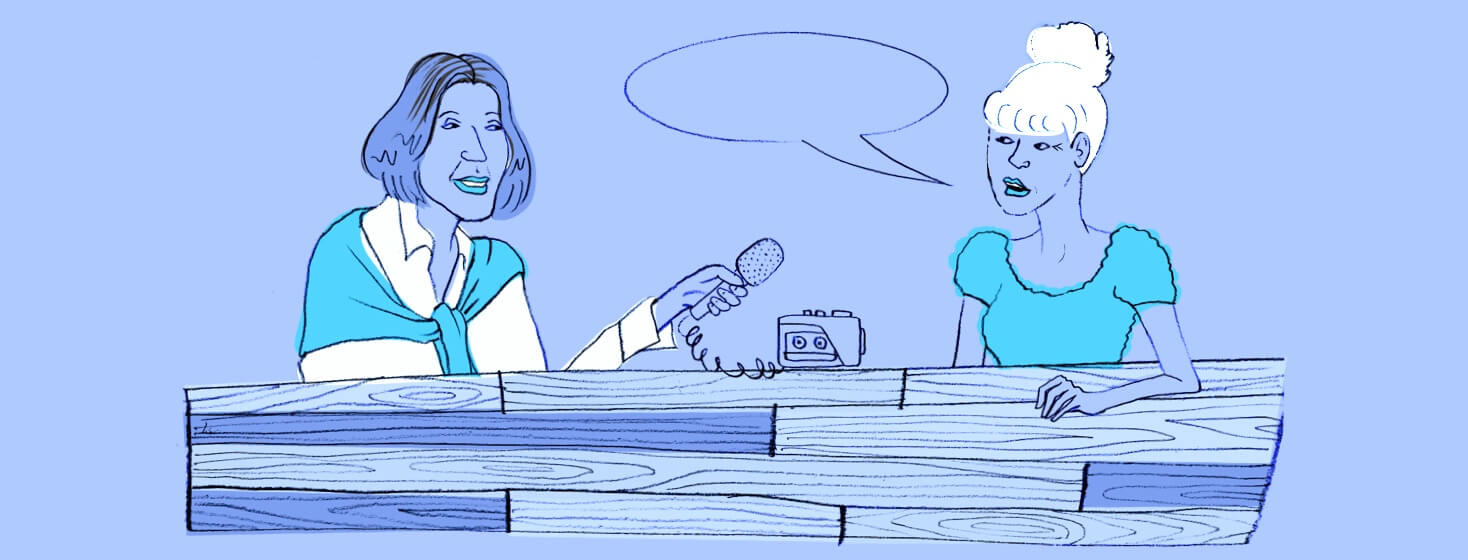Be Curious About Macular Degeneration
Ask questions — lots of questions. Never be reluctant to share your experiences about age-related macular degeneration (AMD) or to voice your fears and concerns. This lesson was reinforced by Cindy, a neighbor of mine, when we met.
Do satisfy your curiosity. And if you’re ever discouraged, even by your doctor, by all means, reach out to someone who WILL listen. Above all else, we need to be heard.
Not knowing what’s next is one of the most painful aspects of AMD. A big part of healing is to fully understand the journey. Knowledge is power and no one understands that better than Cindy.
Featured Forum
View all responsesMeeting a neighbor with advanced AMD
When I was working the front desk at our community clubhouse, Cindy approached me and started the conversation about age-related macular degeneration after recognizing me from an article published in our community newsletter about my AMD advocacy. She shared with me that she has the advanced stage of AMD.
Immediately, I knew we had to get together to talk more, and Cindy was very receptive to the idea of being interviewed to help others. I am so grateful for this opportunity to hear what Cindy had to share. We have so much to learn from each other, and I was not disappointed!
How Cindy is thriving with wet AMD
Cindy is a resident in the same 55+ community where I reside and has lived with her husband here for the past 3 years. In spite of her vision challenges, Cindy is active and enthusiastic about life. She still attends her grandchildren’s recitals and ballgames even though she can’t see much, but she is there to show her support. Here is the valuable journey Cindy openly shared with me.
The road to diagnosis and treatment
Noticing she could see only half a road sign while driving, Cindy was referred to a retina specialist. She was diagnosed at age 48, nearly 20 years ago, with dry macular degeneration in one eye. Her dry AMD turned into wet AMD within 3 years after starting injections. Cindy's father was diagnosed shortly afterward, and they went together to get injections.
Getting injections for the first 10+ years kept Cindy's AMD from progressing more quickly. She was off injections for 10+ years but started them again recently. She is now seeing a retina specialist every 6 weeks for injections. Cindy says that she “feels blessed to be diagnosed at such a young age.”
Giving up driving was the hardest part
For Cindy, the hardest thing to deal with was not being able to drive, a common fear. Cindy quit driving 4 years ago after 2 close calls. It was hard to give up driving, but after 2 near-misses, she knew it was time and tearfully handed over her keys. Being fiercely independent, not driving was difficult, but she has adjusted and is getting better at asking for help.
Cindy's AMD does not define her
This interview with Cindy was both informative and enlightening, but there is so much more to share. She has quite a collection of helpful devices to assist her with her vision challenges. I will be writing more in the near future about her collection. These tools may help others and spark curiosity for other available devices.
In summary, Cindy may have macular degeneration, but that is not who she is! She is a vibrant, enthusiastic soul who is successfully living with a challenging condition. Thanks for your inspiration, Cindy. Your generous spirit made doing this interview a delight!
Editor's Note: As of August 2023, 2 drugs known as complement inhibitors — Syfovre® and Izervay™ — have been approved by the US Food and Drug Administration (FDA) to treat the advanced stage of dry age-related macular degeneration, or geographic atrophy (GA).

Join the conversation